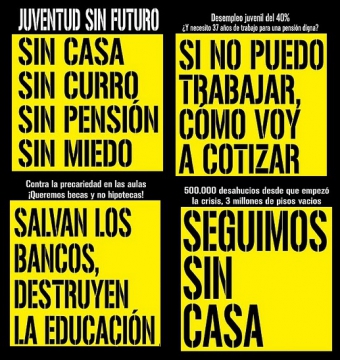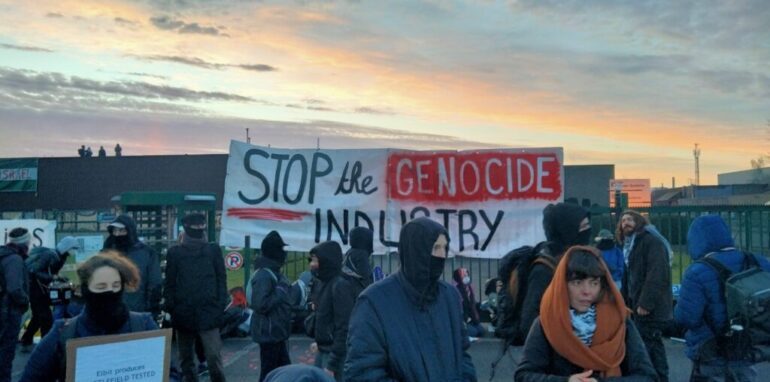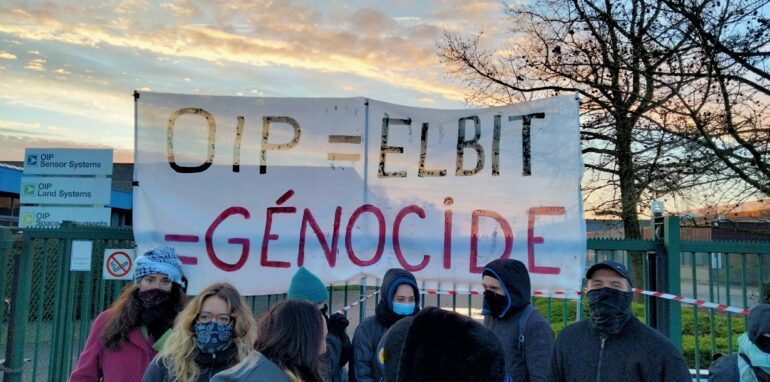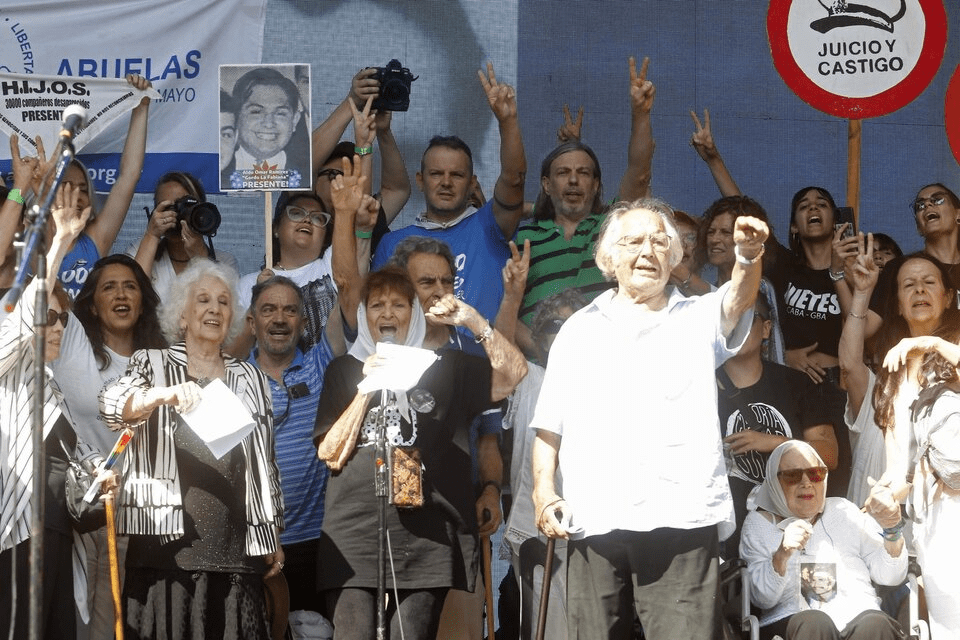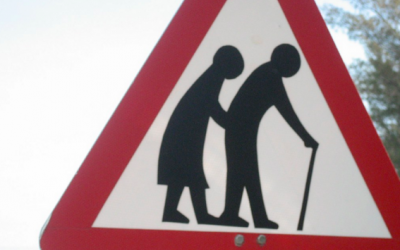It has been said that love is a mutual selfishness; by giving others love and well-being, you make yourself feel good. And maybe is that the reason why every year the number of people that dedicates their lifes and effort doing some kind of volunteering job, increases. Or maybe not.
For the last years we have heard a few dramatic stories about corruption in NGO’s such as Intervida or Anesvad and the dramatic situation still happening in Haiti in spite of receiving the donation of 26,9 millions of euros after the earthquake. However the number is growing really fast in the Europe Union specially in two target groups: retired people and youngsters.
Spain is one of the countries where this increase has been more obvious. According to professor Antonio Gutiérrez, from UNED University of Spain, the amount of volunteers have had an increase of 10%, which makes the 12% of the total population and the 4% of the Gross Domestic Product. The reasons of this increase are directly connected to the difficult economic situation we are living at the moment and people “willing to make changes in a society considered unfair, and volunteering work allows you to see concrete results”, says sociologist Rafael Prieto.
Many people find themselves with a high qualification but out of the labor market: adults that have been retired or even pre-retired at a early age and youngsters. We live at the moment in the most precarious and uncertain working situations for the last 20 years and in a very complex social context. If we have a look to the recent studies we find out that:
– Spain has the highest unemployment rate from the whole Europe, doubling the average. In three years have passed from 17% to 42,9%. (2011 Euribor.com)
– The 68% of the Spanish youngsters wants to emigrate to look for a job. (Eurobarometro’s survey (May 2011))
– The 61,4% of the job contracts are temporary and women start later to work than men with salaries an average of 18% lower. (“Bancaja-Ivie observatory for the labor integration of youngsters in Spain” (2010))
José Manuel González-Páramo, Member of the Executive Board of the European Central Bank affirms: “the working situation for youngsters in Spain, with such a high rate of unemployment and temporarily is a social tragedy”. The problem is the precariousness, that stops their personal achievement. We are living under an extremely rigid salaries that protect those with permanent contracts but leave unprotected the youngsters. González Páramo thinks the two main causes are the collective agreements and the labor market segmentation. This agreements should be more independent from the government because up to date they don’t reflect the economic situation of the country and their companies. The salaries are still increasing over the European average when the unemployment rate is double than in the EU, something, he says, is “hard to understand”.
In Spain the volunteering work is still quite new comparing with other European countries and there are hardly none statistics, but we can easily perceive how local governments and the European Union focused specially in promote programs for youngsters in fields such as cooperation for development or social welfare.
From the 23th to the 27th of September, took place in Dilbeek a meeting organized by Youth in Action with all the young volunteers that just arrived to Belgium and are about to start their projects. There were many personal reasons why each one of them left their home country to do so, but most of Italians and Spanish had something in common. We were high qualified, in our twenties and couldn’t find a job in our home countries. Having a Master’s Degree can’t assure you a job position anymore so this kind of non-formal education is a key achievement. We all found at the volunteering work a possibility to do something good for others through “a little act of selfishness” as Unamuno said, but at the same time it is a possibility to recycle ourselves in a professional and personal way, get motivation, competences, skills and discover our creativity to solve problems in an economic context in constant change.
